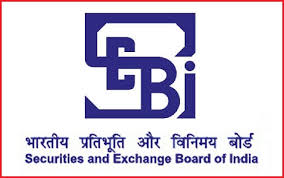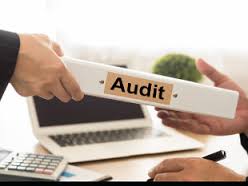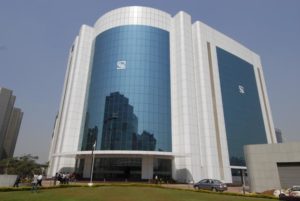
Here’s why India has decided to crank up its crackdown against Bitcoins
The rising craze for bitcoin, a cryptocurrency that has rocketed to shocking highs, has come under the government’s lens. Bitcoin can be an easy way to evade tax or snare unsuspecting small investors in ponzi schemes. The government has begun a crackdown on illegal uses of this unregulated virtual currency.
Widening its probe into bitcoin investments and trade, the Income Tax (IT) department is set to issue notices to 4 to 5 lakh high networth individuals (HNI) across the country who were trading on the exchanges of this unregulated virtual currency, the PTI reported.
The move comes after the IT department conducted survey operations last week at major bitcoin exchanges across the country on suspicion of alleged tax evasion. These operations were undertaken for gathering evidence for establishing the identity of investors and traders, the transaction undertaken by them, identity of counter-parties and related bank accounts.Earlier this month, there was a spurt in the value of bitcoin. It rose from under $10,000 at the start of the year to close to $20,000, before a sharp 20 per cent plunge within hours.
In addition to financial risks—the value of bitcoins has seen huge falls within hours—the regulators are worried about their use for illicit and illegal activities, subjecting the users to an unintentional breach of laws against money laundering and terror finance.Concerns also emanate from some unscrupulous entities indulging in illicit money-pooling activities—commonly known as ponzi schemes—with the promise of huge returns from investment in bitcoins and other variants, which they claim are minted through blockchain, a distributed ledger technology that was created to mint bitcoins and comprises of extremely complex algorithms with several thousand nodes for each chain.
There is a suspicion that some so-called cryptocurrencies and bitcoin investments may actually have nothing to do with any blockchain-developed virtual currency and are just new ways devised by scamsters to ride the wave and what they may be offering could be ‘e-ponzi’ schemes.
The financial regulators are worried that a complete lack of regulatory regime for such cryptocurrencies may give rise to ‘e-ponzi’ schemes.
The financial sector watchdogs, including RBI and Sebi, as also various government agencies, will soon get into a huddle to prepare a framework to safeguard the gullible investors and to clamp down on the fraudsters who may try to manipulate the regulatory gaps, PTI reported, quoting a senior official.
There are quite a few proposals on the table and those include applying to cryptocurrencies the existing regulations aimed at checking the spread of ponzi schemes or illicit money-pooling activities, money laundering and black money generation and circulation, another official said.
The jury is still out on whether such virtual currencies should be allowed as legal payment tender or investments, though there are also suggestions from some quarters for allowing them with necessary checks and balances.





